meter
MEE-ter
[English]
Measure of time; arrangement of poetical feet; the grouping of beats into regular patterns. The organization of the rhythmic patterns in a composition are done in such a way that a regular, repeating pulse of beats may continue throughout the composition.
Example
Carl Philipp Emanuel Bach: Trio Sonata in G major, I
Maurice Ravel: Rapsodie espagnole, "Feria"
Giuseppe Verdi: Rigoletto, "La donna é mobile"
Meter, compound: Sergei Prokofiev: Violin Concerto No. 2 in G minor
Arcangelo Corelli: Violin Sonata in A major, Op. 5, No. 9, "Gigue"
George Frideric Handel: Messiah, No. 9, "O thou that tellest"
Heitor Villa-Lobos: Bachianas Brasileiras, No 5, I
Meter, triple: Antonio Vivaldi: The Four Seasons, Op. 8, No. 3, "Autumn"
Gustav Mahler: Symphony No. 1 in D major, III
Francis Poulenc: Gloria in G major, "Laudamus te"
John Philip Sousa: "The Stars and Stripes Forever"
Meter, quadruple: Johannes Brahms: Symphony No. 1 in C minor
Edvard Grieg: Peer Gynt Suite, Op. 46, No. 1, "Ase's Death"
Wolfgang Amadeus Mozart: Sinfonia Concertante for Violin and Viola in E-flat major, K. 364, I
Aram Khatchaturian: Gayne Suite No. 1, "Sabre Dance"
Meter, shifting, 20th century: Aaron Copland: Appalachian Spring, Moderato
Dmitri Shostakovich: Ballet Suite No. 1, "Music Box Waltz"
See Also
[British] metreShare
Tweet
Last Updated: 2016-06-05 15:22:36

